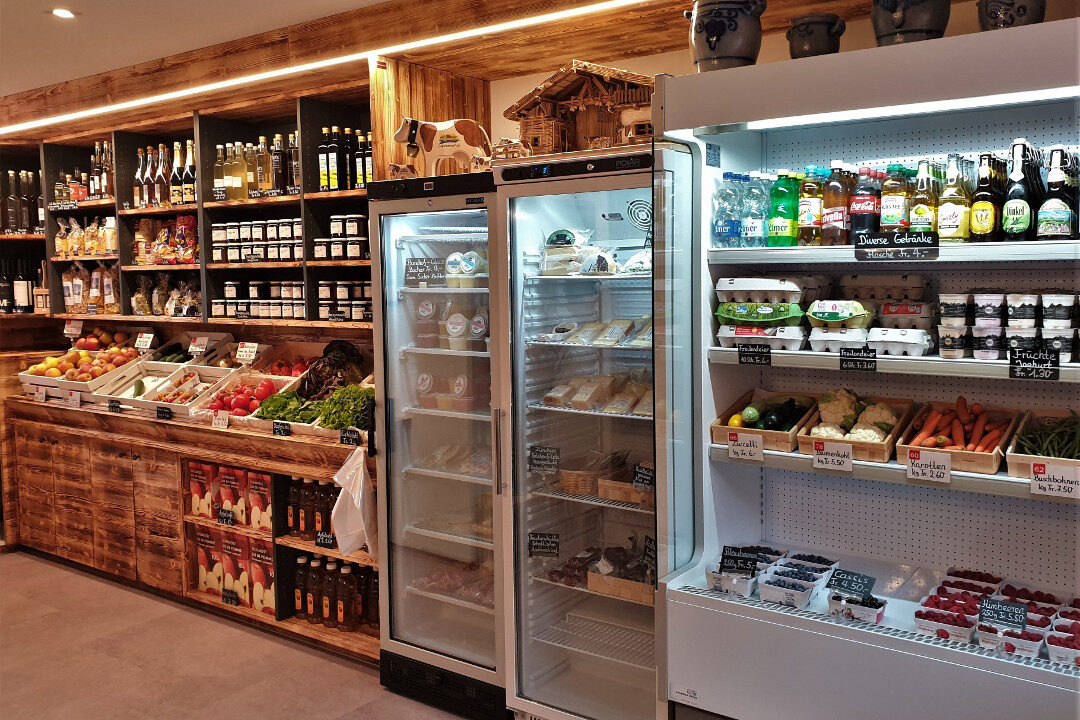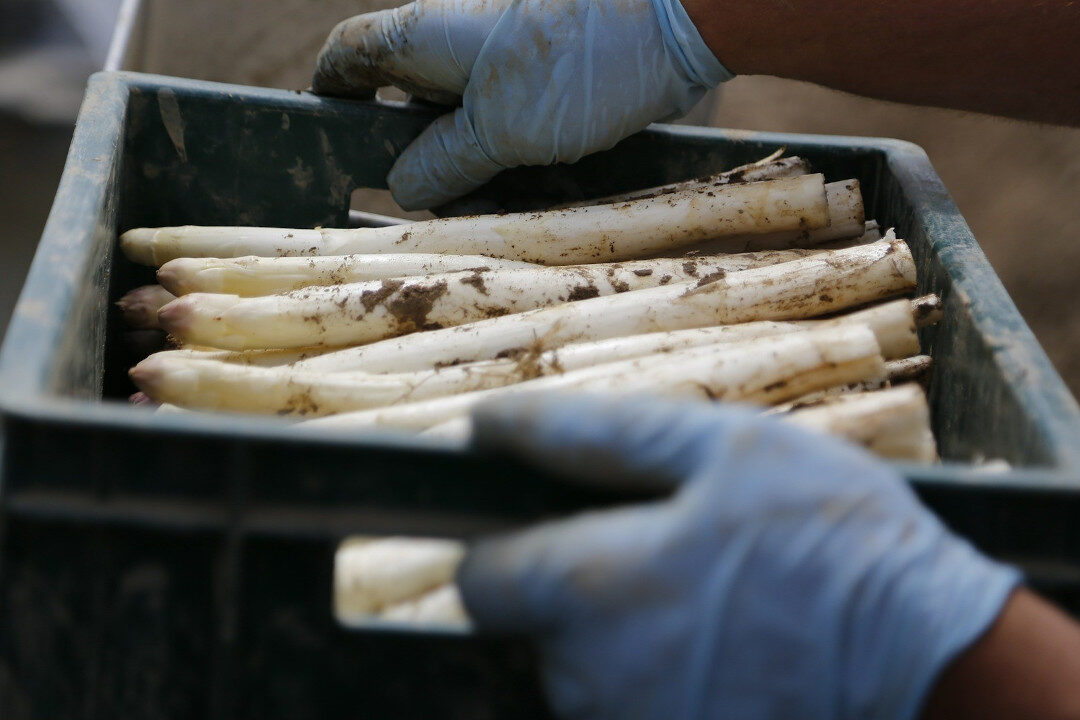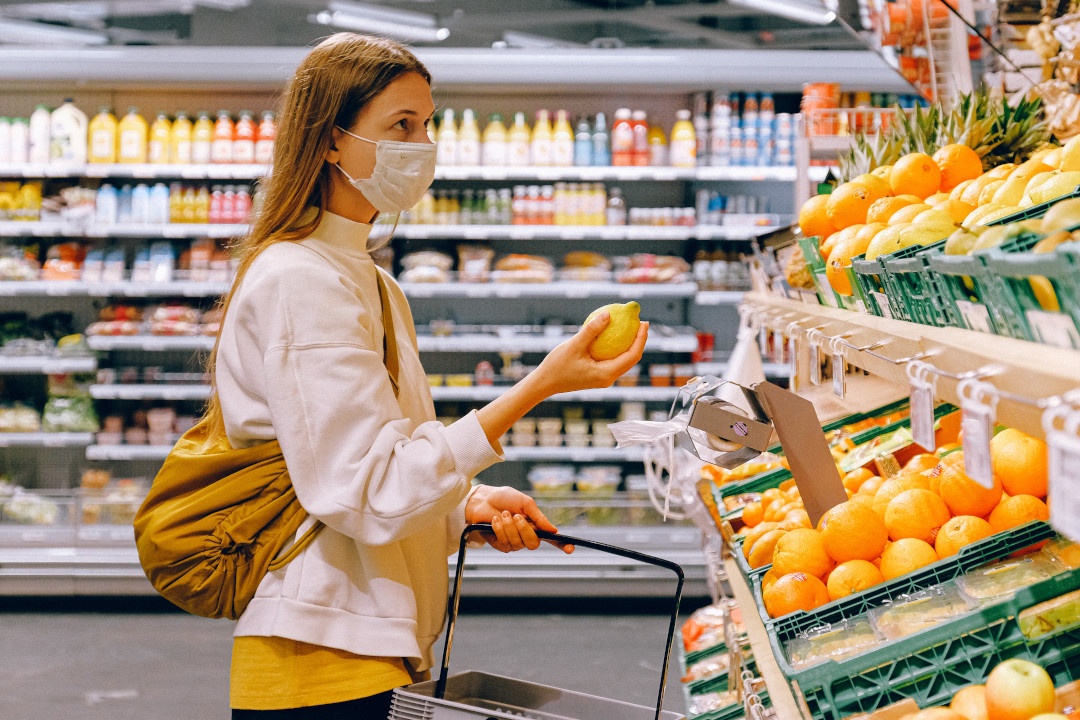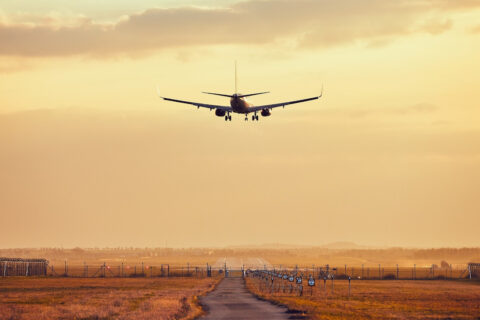Border closures, hamster purchases and home office: At the beginning of the year, nobody would have thought that a virus could turn our lives upside down in such a short time. While in the USA the numbers are soaring unchecked, in other countries there is already talk of easing measures. But whether and when we will be able to go to a big concert or go on holiday again without worrying is in the stars. Many companies are on the verge of bankruptcy and it is unclear how quickly the economy will recover after the global curfews. Covid-19 does not leave agriculture untouched either: While some can barely keep up with deliveries, others have to write off tons of food or flowers because the harvest workers are missing or plants are not considered essential.

“People are greeting again”
A farmers explains that “People are greeting again instead of pointing the finger when they see me in the tractor.” Futhermore the the farm shops are literally being overrun because the federal government’s hygiene measures can be better observed there and many people are once again increasingly turning to locally produced food.
But it is not only direct sales that are gaining in importance: the closing of borders, hamster purchases and the fact that more cooking is being done at home have led to an (at least temporary) change in consumer behaviour. Supermarkets are again selling second-class fruit and vegetables that are not perfectly sized and were previously only good enough for restaurants and canteens. It is to be hoped that even after Corona, tons of food will no longer have to be destroyed as before when they were not accepted or bought by the customers.

Harvesters are missing
So while some farmers take a consistently positive stock of the Corona period, others look bleakly at their asparagus and fennel fields, which they now have to leave to their fate because the harvest workers are missing. Without a residence permit, it is currently virtually impossible to come to Switzerland from Romania or Poland. The social distancing required by the Swiss government makes working in the fields even more difficult. There is no solution in sight at present. After the frost and the lack of rain, a virus is now deciding whether and how much some Swiss farmers will lose yield.

In summary, the coronavirus is both a curse and a blessing for agriculture. While many direct marketers get their money’s worth, large farms in particular are at a disadvantage when they are dependent on help from abroad. It also remains to be seen whether retailers and consumers will continue to cook at home with regional, natural foods more often after the corona period, including second-class fruit and vegetables. But perhaps this behaviour will only be short-lived.
Sources:
https://www.srf.ch/news/wirtschaft/folge-der-corona-massnahmen-mehr-gemuese-zweiter-klasse-in-den-laedenhttps://www.srf.ch/news/schweiz/erntehelfer-dringend-gesucht-bei-den-gemuesebauern-gibt-es-mehr-als-genug-arbeithttps://www.bauernzeitung.ch/artikel/feuerverbote-und-braende-trockenheit-in-der-schweiz-spitzt-sich-zu








Leave a comment